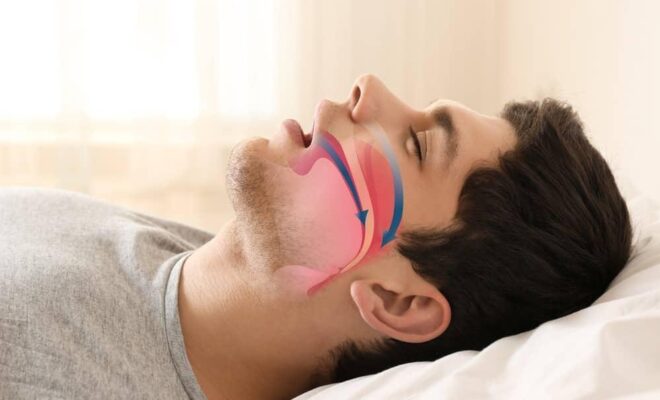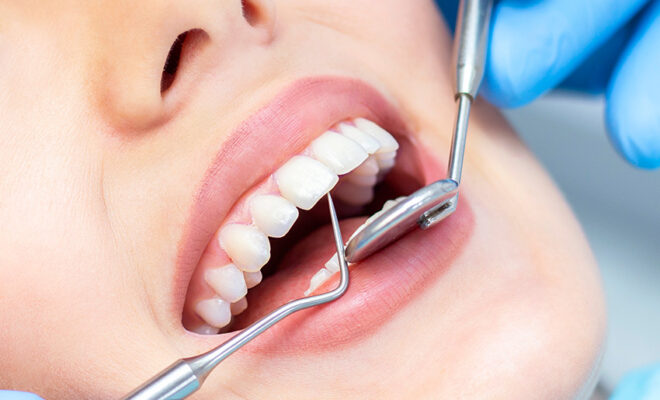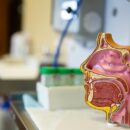Sleep Disorders And Neurology: An Overlooked Connection

Imagine being constantly tired, yet unable to sleep. Imagine your nights filled with unsettling dreams, your days dotted with unexpected naps, or your mornings colored by a persistent headache. This isn’t just a hypothetical scenario, it’s the daily reality for many who suffer from sleep disorders. Often overlooked, there is a deep-seated connection between sleep disorders and neurology. Even the quaint seaside town of Toms River isn’t exempt from this issue – headache Toms River has become a common distress call from those enduring sleep-related problems. This blog aims to shed light on this overlooked connection, providing insights on how your brain may be impacting your sleep, and subsequently, your overall health.
The Neurology of Sleep
Your brain is the master controller of sleep. It decides when to sleep and when to wake up. The brain’s intricate network of neurons is constantly communicating, sending signals that determine our sleep patterns. But when this system goes awry, the consequences are sleep disorders.
Common Sleep Disorders
There are several common sleep disorders:
- Insomnia – difficulty falling asleep or staying asleep
- Narcolepsy – excessive, uncontrollable daytime sleepiness
- Sleep apnea – interrupted sleep due to breathing problems
- Restless legs syndrome – an uncomfortable feeling in the legs causing a need to move them
Sleep Disorders and Headaches
Sleep disorders and headaches often go hand in hand. Disrupted sleep can lead to tension or migraine headaches. In Toms River, many people suffering from sleep disorders also report frequent headaches. It’s a vicious cycle – lack of sleep leads to headaches, and headaches make it harder to sleep.
Understanding the Connection
The link between sleep disorders and neurology is crucial to understanding how to treat these conditions. Neurologists study the brain and its functions, including sleep. By studying sleep disorders, they can provide insights into how the brain works and how to fix it when things go wrong.
Getting Help
If you’re experiencing symptoms of a sleep disorder, don’t ignore them. Reach out to a neurologist. They can help diagnose and treat your condition. In Toms River, there are neurologists who specialize in sleep disorders and headaches. They can provide the help you need to get a good night’s sleep.
Takeaway
Sleep disorders and neurology are more connected than you might think. Understanding this connection can lead to more effective treatments and better health. So, don’t suffer in silence. If you’re struggling with sleep, reach out for help. And remember, a good night’s sleep is not just a dream, it can be a reality.








